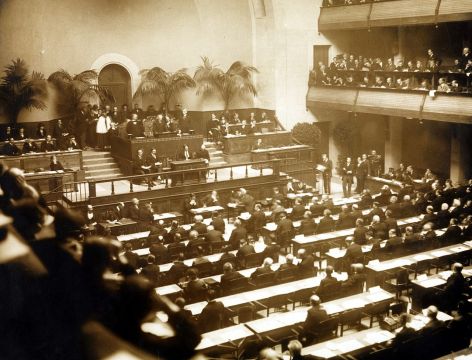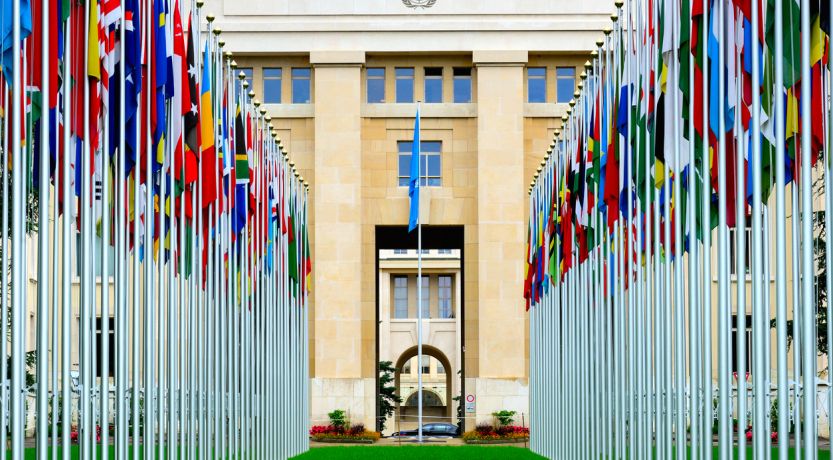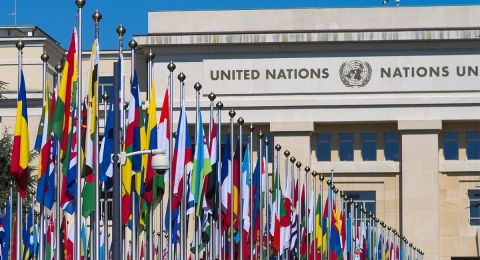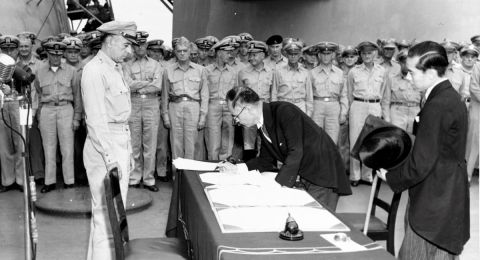
Is United Nations Reform Possible? A Critical Look at the UN's Future
The United Nations has struggled to fulfill its primary mission of maintaining world peace since its establishment after World War II. While it has achieved some success in humanitarian aid and poverty relief, its track record in preventing wars and atrocities remains concerning.
The UN's predecessor, the League of Nations (1920), failed to prevent World War II due to several key issues:
- Lack of universal membership
- No military enforcement capability
- Requirement for unanimous decisions
- Ineffective response to aggression

League of Nations Assembly meeting
The UN has faced similar challenges, failing to prevent numerous conflicts and atrocities:
- Khmer Rouge genocide (1975-1979)
- Rwandan genocide (1994)
- Kashmir dispute
- Israeli-Palestinian conflicts
- Somali civil war
- Darfur conflict
- Russia-Ukraine war

UN Headquarters with international flags
Key obstacles to UN effectiveness:
- Member states prioritizing self-interest over global good
- Lack of enforcement power
- Security Council structure allowing vetoes by permanent members
- Inability to act decisively in crises
While structural reforms might help, the fundamental issue lies in human nature and international relations. Nations consistently prioritize their interests over global cooperation, especially during crises. The UN's effectiveness is limited by the willingness of member states to subordinate their national interests to international priorities.
The Bible suggests that lasting peace requires:
- Righteous character
- Divine guidance
- Adherence to moral principles
- Leadership focused on serving others
Until these fundamental aspects are addressed, organizational reforms alone cannot create an effective force for world peace. Real change must begin at the individual level, with people incorporating principles of peace and cooperation into their daily lives.

Person gazing at peace dome

UN flags outside headquarters building

Japanese surrender ceremony aboard USS Missouri
Related Articles

From Born Again to Presidential Legacy: Jimmy Carter's Evangelical Journey

